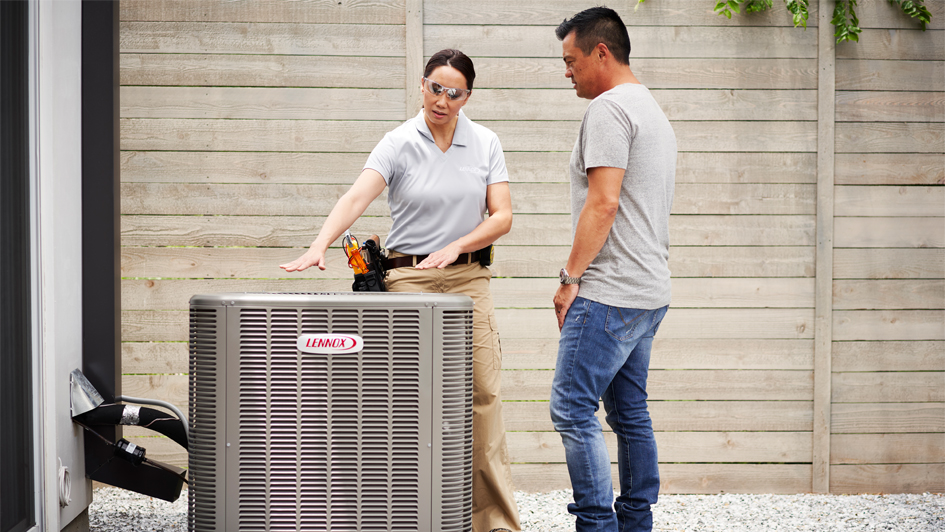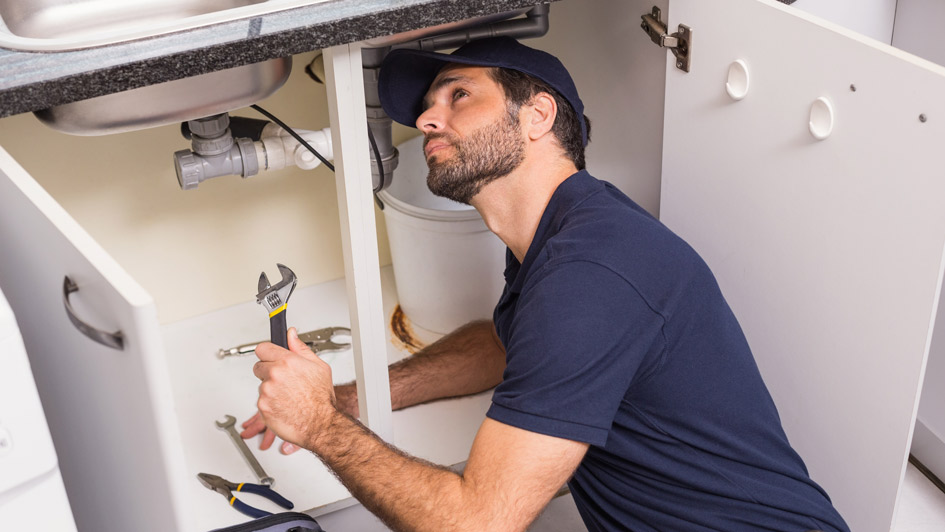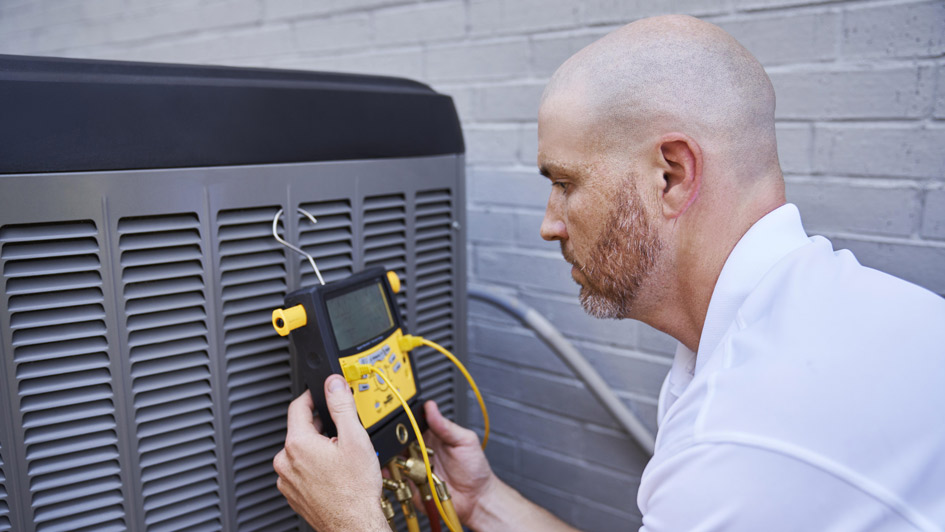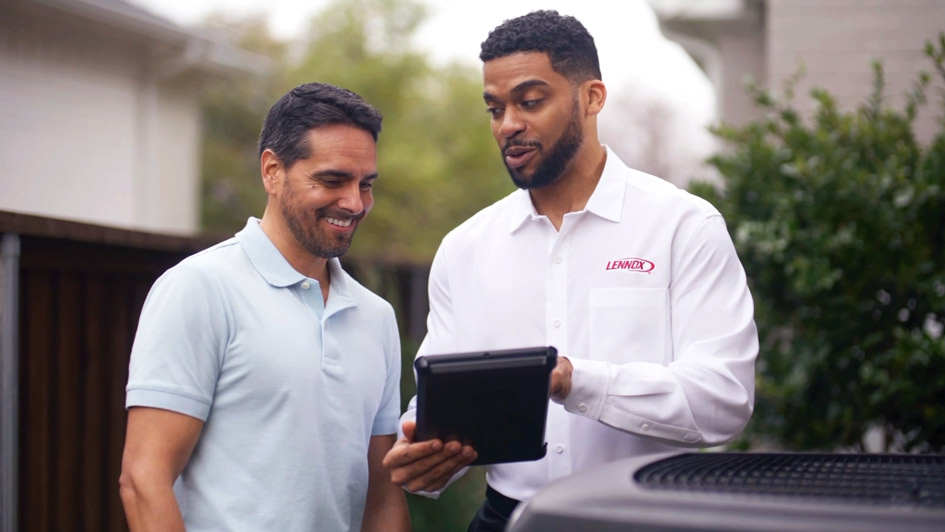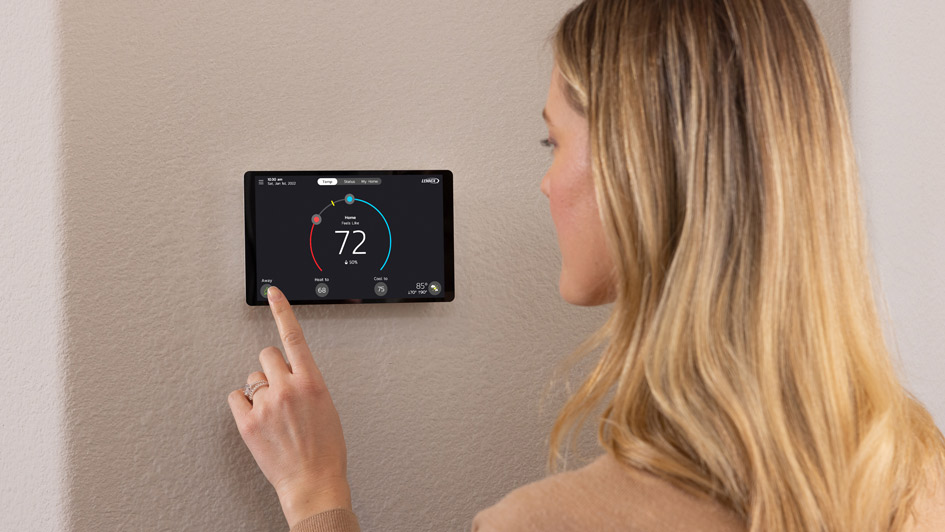Blog
Serving Greater Richmond and These Areas
About Herman Allen Plumbing, Heating & Cooling
At Herman Allen Plumbing, Heating & Cooling, your home comfort is our biggest concern. That’s why we offer dependable HVAC equipment and outstanding work in Greater Richmond. Our experts are knowledgeable in a complete range of services, so you can have confidence in your results. They’ll give the help you are looking for, whether it’s adding an updated HVAC system or repairing and inspecting your existing system. We’re ready to provide support for all of your needs, so call us at 804-302-6657 or contact us online to request an appointment now.
Herman Allen Plumbing, Heating & Cooling
8701 Mongo Way
Mechanicsville, VA 23116
Phone: 804-302-6657
Email: [email protected]
VA Class A License #2705011235
© 2025 Herman Allen Plumbing, Heating & Cooling | All rights reserved

